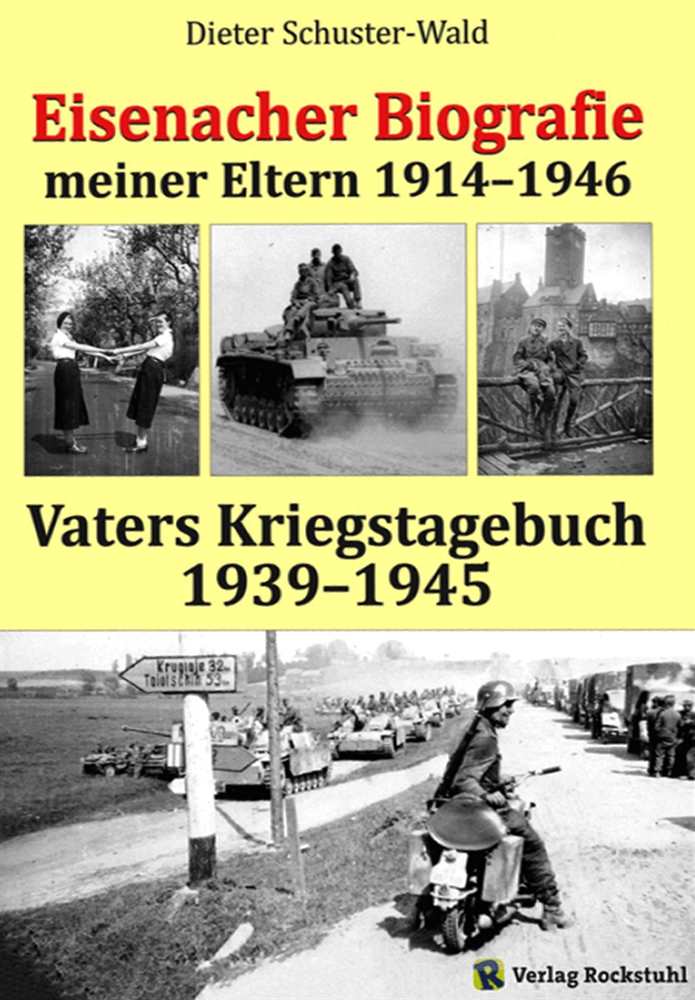

The first recording of the song was published by the company Electrola around the early 1930s. The author of the lyrics of Die Hitlerleute was Horst Wessel himself and the song originated from his unit, the Sturm 67/5(Sturm 67, Standarte 5) of the Berlin Sturmabteilung, also known as the Sturm "Horst Wessel", named in honor of Horst Wessel, also known by its old name before Horst Wessel's death, "The Hitlerleute". "Kameraden Laßt Erschallen" ("Comrades Let it Resound") was a Sturmabteilung arrangement of the Kaiserjägerlied written by Karl Mühlberger in 1924. "Die Hitlerleute” (Kameraden Laßt Erschallen)
Soldatenlieder 1. weltkrieg full#
During the Nazi era, the song was performed by Carl Woitschach's orchestra in its full version, incorporating both melodies, as "Kampflied der Nationalsozialisten/Herbei zum Kampf". Das Berliner Jungarbeiterlied was set to the melody of the Air March (the official march of the Soviet Air Force), which was composed in 1921 by Yuliy Abramovich Khayt. Later on, the verses of Das Berliner Jungarbeiterlied (with the opening line Herbei zum Kampf, ihr Knechte der Maschinen) were added to the song. Its lyrics were written by Kleo Pleyer, while the melody was essentially based on that of the traditional German folk song Stimmt an mit hellem hohen klang, which was composed in 1811 by Albert Methfessel. "Kampflied der Nationalsozialisten" ("Battle Song of the National Socialists"), also known by its opening line "Wir Sind Das Heer Vom Hakenkreuz" ("We Are The Army Of The Swastika") was an early Nazi hymn. It can be punished with up to three years of imprisonment. In modern Germany, the public singing or performing of songs identified exclusively with Nazi Germany is illegal. It became the national anthem of the Weimar Republic in 1922, but during the Nazi era, only the first stanza was used, followed by the SA song " Horst-Wessel-Lied". This observation applies above all to Das Lied der Deutschen ("The song of the Germans"), written in 1841. There is often confusion between songs written specifically for the Nazi Party, and much older German patriotic songs (from before World War I) that were used extensively by the Nazis and have become associated with them.

2.3 "Kampflied der Nationalsozialisten".Beispiele für deutsche Soldatenlieder sind Ein Heller und ein Batzen, Es ist so schön Soldat zu sein, Morgenrot und Ich hatt' einen Kameraden. Neben zeitlosen Themen wie Liebe, Heimweh und Naturerlebnis haben einige Lieder auch propagandistische Bedeutung, vor allem in den Armeen totalitärer Staaten wie der Wehrmacht unter dem Nationalsozialismus oder der NVA der DDR, wo der gemeinschaftliche Gesang auch die emotionale Bindung der Soldaten an den Herrscher und/oder die staatliche Ideologie festigen sollte. Meist sollen die Lieder Kurzweil und Mut bereiten und das Kameradschaftsgefühl stärken – ob auf dem Marsch, im Gefecht oder im Lager. Jahrhundert sind, wie auch alte Seemannslieder, in ihrer Melodie an Kirchenlieder angelehnt, so zum Beispiel O Deutschland hoch in Ehren. Einige deutsche Soldatenlieder aus dem 19. Im Gegensatz dazu werden Märsche, etwa bei feierlichen Anlässen, von einer Musikkapelle gespielt. Ein Soldatenlied ist ein Lied, das im Militär zumeist ohne Instrumentenbegleitung gesungen wird. Examples of German soldiers are A Heller and a Batzen, It is so nice to be a soldier, Morgenrot and I have 'a comrade. In addition to timeless themes such as love, homesickness and natural experience, some songs also have propagandistic significance, especially in the armies of totalitarian states such as the military power under the National Socialism or the NDR of the GDR, where the collective singing also the emotional attachment of the soldiers to the ruler and / Or the state ideology. Usually, the songs are meant to give you the courage and courage to strengthen your sense of comradeship - whether on the march, in combat or in the camp.

Some German soldiers from the nineteenth century, like old sailors, are in their melody leaning against church members, such as O Germany highly honored. On the other hand, marches are played by a music band, for instance at solemn occasions. Soldatenlied A soldier's song is a song that is usually sung in the military without instrument accompaniment.


 0 kommentar(er)
0 kommentar(er)
